Publisher's Synopsis
This historic book may have numerous typos and missing text. Purchasers can usually download a free scanned copy of the original book (without typos) from the publisher. Not indexed. Not illustrated. 1883 edition. Excerpt: ... CHAPTER V. ON THE OPINION THAT EACH SEX MAT TRANSMIT ANY CHABACTEEISTIC WHATEVER. The argument from hybrids--This argument is inconclusive--The argument from the homology between the ovum and the male cell--Homology does not involve functional similarity--The argument from the dual personality of each individual; from reversion; and from polymorphism--These phenomena admit of a simpler explanation--Summary of chapter. The Argument from Hybrids. According to the view to be presented in this work, the functions of the two sexual elements, in inheritance, are not alike. The proof of this will be presented further on, when the subject is reached in the logical course of the development of our argument. Some of the very highest authorities have been led to a view which is directly opposite, and have held that either parent may transmit to the offspring any characteristic whatever. Lest any reader should assume, at the beginning of this book, that the work involves an absurdity, and that my conclusion is already disproved, it seems besttp at once examine the reasons for the opposite view. If I can show that these reasons are inconclusive, and that there is and can bo no proof for the statement that each sexual element transmits to the offspring every characteristic of the parent, we can then enter into the subject without prejudice, and can wait for the proper time to present the proof of the opposite view, that the two sexual elements play different parts in heredity. If the authority of great names counted for anything whatever in science, the case against me would be very strong, but where an appeal to nature is possible, authority counts for nothing. Darwin's place among the students of heredity is certainly the highest, and he takes very...

